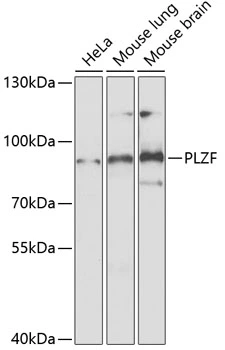
WB analysis of various sample lysates using GTX33417 PLZF antibody. Dilution : 1:1000 Loading : 25μg per lane
PLZF antibody
GTX33417
ApplicationsWestern Blot, ImmunoHistoChemistry, ImmunoHistoChemistry Paraffin
Product group Antibodies
ReactivityHuman, Mouse, Rat
TargetZBTB16
Overview
- SupplierGeneTex
- Product NamePLZF antibody
- Delivery Days Customer9
- Application Supplier NoteWB: 1:500 - 1:1000. IHC-P: 1:50 - 1:100. *Optimal dilutions/concentrations should be determined by the researcher.Not tested in other applications.
- ApplicationsWestern Blot, ImmunoHistoChemistry, ImmunoHistoChemistry Paraffin
- CertificationResearch Use Only
- ClonalityPolyclonal
- ConjugateUnconjugated
- Gene ID7704
- Target nameZBTB16
- Target descriptionzinc finger and BTB domain containing 16
- Target synonymsPLZF, ZNF145, zinc finger and BTB domain-containing protein 16, promyelocytic leukaemia zinc finger, zinc finger protein 145 (Kruppel-like, expressed in promyelocytic leukemia), zinc finger protein PLZF
- HostRabbit
- IsotypeIgG
- Protein IDQ05516
- Protein NameZinc finger and BTB domain-containing protein 16
- Scientific DescriptionThis gene is a member of the Krueppel C2H2-type zinc-finger protein family and encodes a zinc finger transcription factor that contains nine Kruppel-type zinc finger domains at the carboxyl terminus. This protein is located in the nucleus, is involved in cell cycle progression, and interacts with a histone deacetylase. Specific instances of aberrant gene rearrangement at this locus have been associated with acute promyelocytic leukemia (APL). Alternate transcriptional splice variants have been characterized. [provided by RefSeq, Jul 2008]
- ReactivityHuman, Mouse, Rat
- Storage Instruction-20°C or -80°C,2°C to 8°C
- UNSPSC12352203

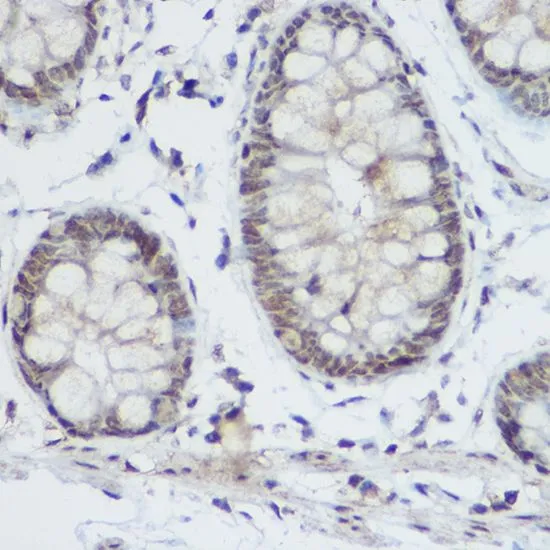
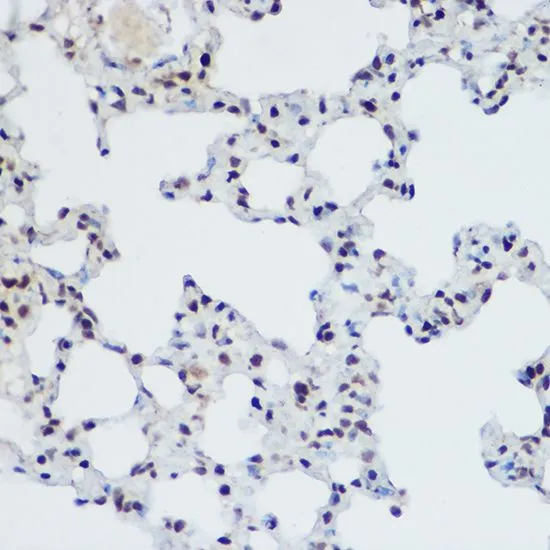
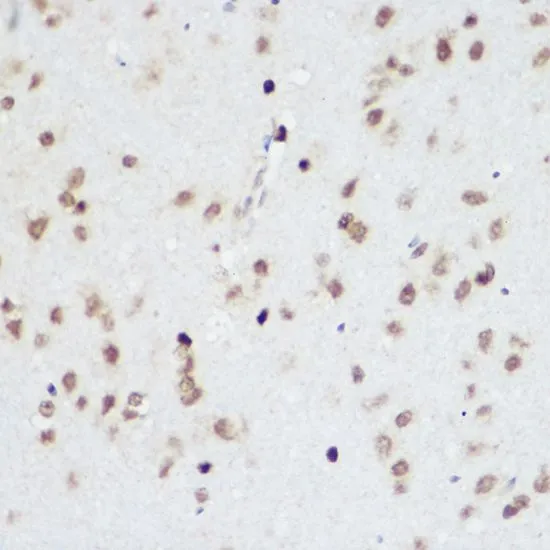

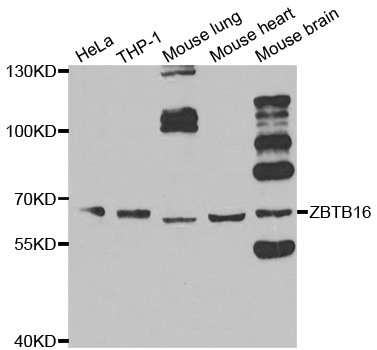

![ICC/IF analysis of HeLa cells using GTX82804 PLZF antibody [5B3]. Green : PLZF Red: Actin filaments](https://www.genetex.com/upload/website/prouct_img/normal/GTX82804/GTX82804_20170912_ICCIF_w_23061322_404.webp)

